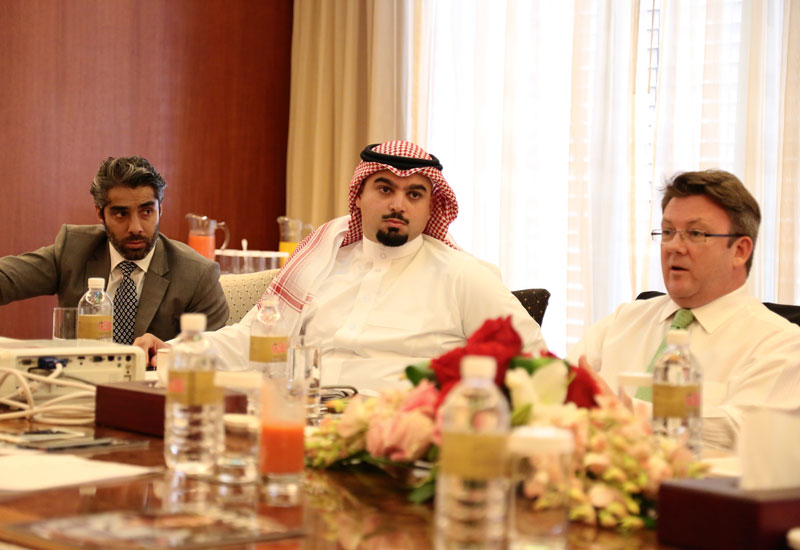Food innovation in Riyadh is being stifled because the traditional Saudi consumer lacks the knowledge and experience to fully appreciate a premium restaurant experience, according to the roundtable debate in Riyadh, Saudi Arabia.
The panellists dreamed of a day when Saudis knew as much about food as they do about cars.
“Everything’s overcooked here,” they agreed. “For example,” added Mark Wood, director of operations at Food International, “with wagyu beef, we’ve explained to customers that it should be served medium rare. Then the customers says: ‘Great, but can I have it well done?’”

| Advertisement |
“The Saudi consumer needs more knowledge. They know cars, but [international] food is very new,” said Mohammed Jawa, managing partner of Nozomi. “When the first international restaurants came here — normal restaurants — it was like they came from outer space. There was a buzz, and shock and a slow adaptation to new ways of cooking and eating.”
“The market has been very basic for the last 20 years in Saudi. It has started to modernise, and we are beginning to see some acceptance by the consumer of new ideas,” added Jawa.
“The previous generation had a fear of change, and a culture of cooking at home — very traditional food. But the new generation don’t want cultural food — they want international flavours, new ideas.
“The Saudi consumer is now one of the top travellers in the world. And that will helping the food market develop.”
Wood said of Saudi customers: “We need early adopters who aren’t price sensitive. The local market will pay top dollar for quality cars, but not for quality food.”
Matthew Cropp, corporate director of F&B culinary and concept development at Al Khozama Management Company, agreed. “Our market is just starting, it’s new. Customer loyalty and reputation will come from quality service and positive experience,” he said.
“We are in the education business. We have to educate people on the new concepts we are bringing in. Explain good food, and people start to get you and believe you.”
But Nozomi Riyadh general manager Farshid Ahvan warned that restaurants tread a fine line between education and adaptation. “If you try to innovate and educate too much, you’ll empty the restaurant. If you adapt too much, you’ll be the same as everyone else.









 Search our database of more than 2,700 industry companies
Search our database of more than 2,700 industry companies









